Partners
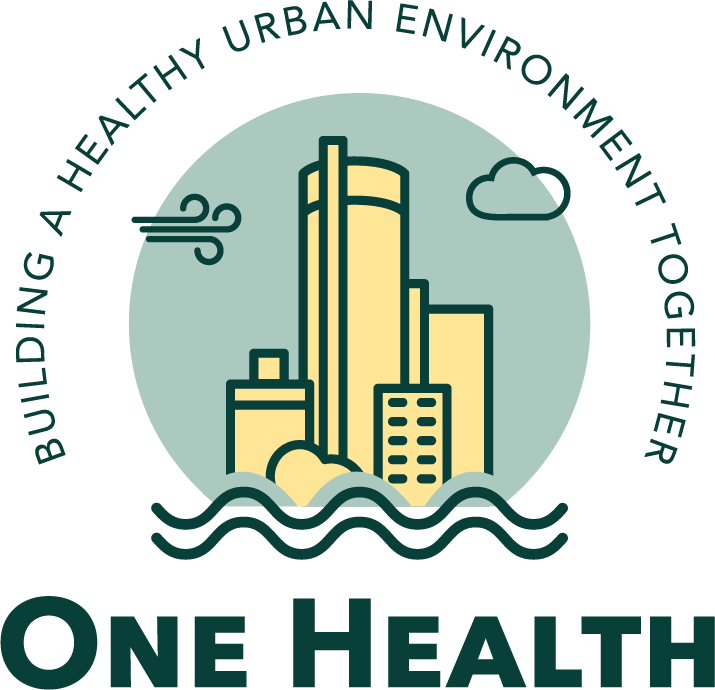 One Health Initiative
One Health Initiative
The One Health Initiative at Wayne State University was launched in January 2021 to catalyze environmental health research by looking through the lens of animal, plant, ecological, and planetary health to consider environmental exposures. This initiative supports the coalescing of environmental health sciences research activities and relevant enabling technologies across campus and with strategic partners to target themes and thrusts that will lead to development of broad programmatic-based funding and applied technologies that involve multiple departments and/or colleges/schools and directly benefits the WSU urban region.
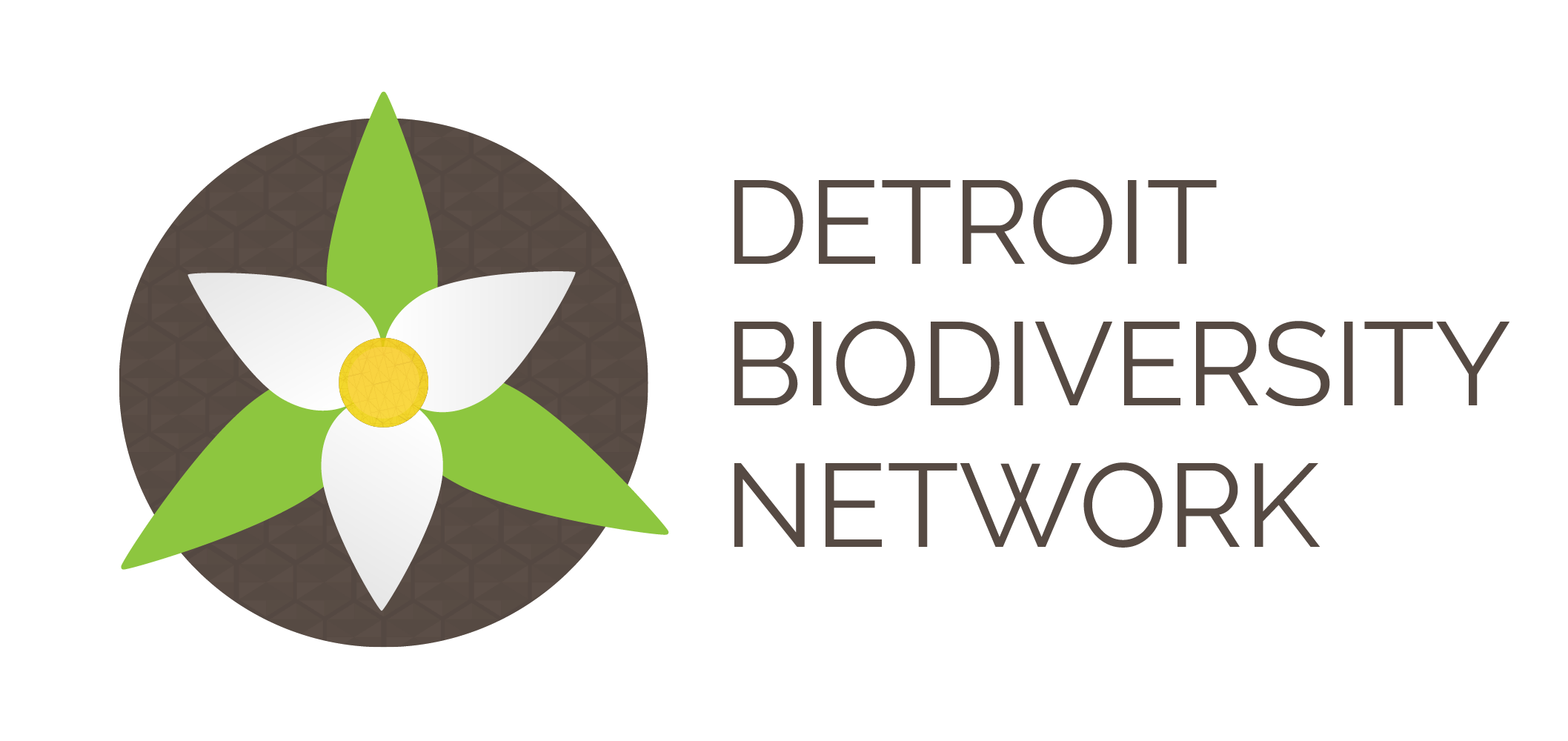 Detroit Biodiversity Network
Detroit Biodiversity Network
The mission of the Detroit Biodiversity Network (Biophiliacs) is to engage students in hands on projects that support and improve the sustainability of urban ecosystems on Wayne State University's campus and in surrounding Detroit communities. DBN will create linkages between the resources of the university, the expertise of community-based organizations, and students' interests to create synergistic benefits for the environment and all involved.
Learn more about Detroit Biodiversity Network -->
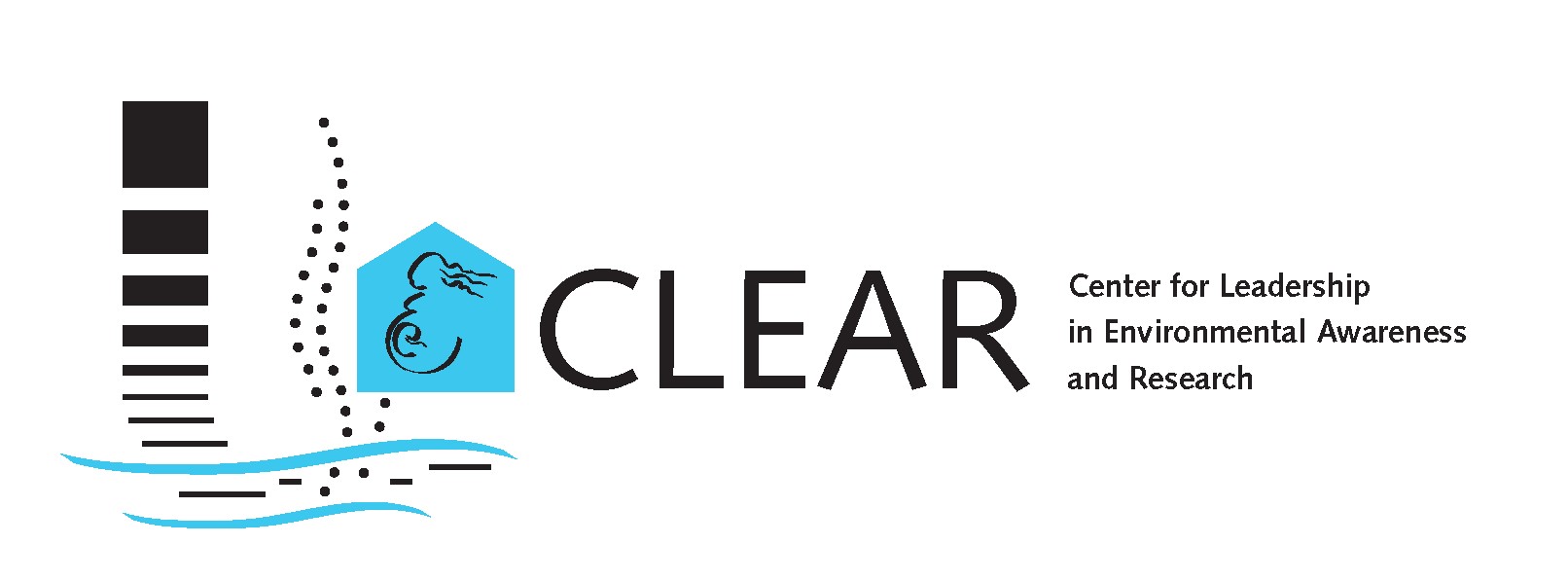 Center for Leadership in Environmental Awareness and Research (CLEAR)
Center for Leadership in Environmental Awareness and Research (CLEAR)
Headquartered in Detroit, Michigan, the Center for Leadership, Environmental Awareness and Research (CLEAR) working group posits that environmental exposure to VOCs such as benzene, toluene, ethylbenzene, and xylene (BTEX), trichloroethylene (TCE), and tetrachloroethylene (PCE), is an important determinant of maternal-offspring health, preterm birth (PTB) and associated adverse health outcomes.
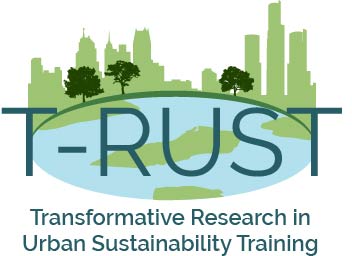 Transformative Research in Urban Sustainability and Training (T-RUST) Program
Transformative Research in Urban Sustainability and Training (T-RUST) Program
The T-RUST Program is a new interdisciplinary graduate training program fosters innovations that will lead to a more sustainable urban environment. Integrating social and physical science, technology, engineering and mathematics, training and research in this program is centered upon Urban Ecological Systems, Urban Redevelopment and the Blue Economy, and Sustainable Urban Water Infrastructure.
 Center for Urban Responses to Environmental Stressors (CURES)
Center for Urban Responses to Environmental Stressors (CURES)
Center for Urban Responses to Environmental Sressors (CURES) is one of a few select environmental health sciences core centers in the nation. Through the application of cutting-edge research and technology, CURES researchers and community partners work together to understand how human complex exposures to chemical and non-chemical stressors in the urban environment can influence the development of environmentally-linked disease.
 Detroit Biodiversity Network
Detroit Biodiversity Network
The mission of the Detroit Biodiversity Network (Biophiliacs) is to engage students in hands on projects that support and improve the sustainability of urban ecosystems on Wayne State University's campus and in surrounding Detroit communities. DBN will create linkages between the resources of the university, the expertise of community-based organizations, and students' interests to create synergistic benefits for the environment and all involved.
Flint Area Community Health and Environment Partnership (FACHEP)
Flint Area Community Health and Environment Partnership (FACHEP) is a Wayne State University program that, at the request of the Michigan Department of Health and Human Services, has assembled a multi-institutional, multidisciplinary team of investigators that includes experts from all three University Research Corridor (URC) institutions to scientifically evaluate the possible association between the changes in Flint drinking water quality and the prevalence of diseases and other possible medical conditions.
Rouge River Archive (RRA)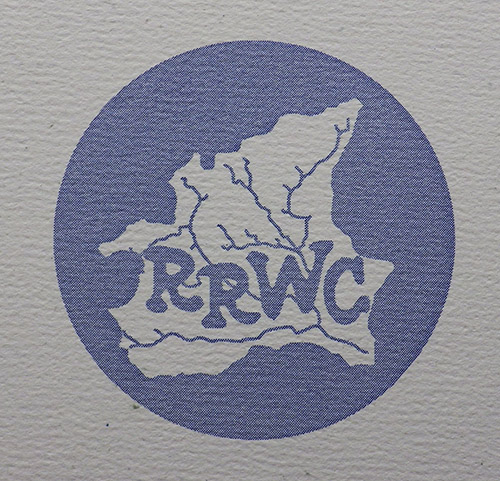
The Rouge River Archive (RRA) is a special Wayne State University Library collection of reports, conference proceedings, and other documents related to efforts to remediate and manage the watershed of the Rouge River in Southeastern Michigan located in the WSU Purdy-Kresge Library, Room 133. To access the RRA, contact special collection librarian Cindy Krolikowski, 313-577-3311.
Topics represented in the collection include:
- hydrology
- storm water management
- wetlands and watershed management
- illegal discharge
- control of combined sewer overflows
- sampling and monitoring
- public education and involvement
Items in the collection were published by a variety of government agencies and consultants between 1955-1995; the focus of the collection is the period between 1978-1995 when efforts to manage pollution and flooding in the watershed gained momentum. The items in the Rouge River archive were originally collected by Dr. Ralph Kummler (former chair of Wayne State's Department of Civil and Environmental Engineering) and transferred to the WSU Library System for curation. Dr. Kummler collected the material with the assistance of WSU departments and faculty including:
- Biological Sciences (Dr. Donna Kashian)
- Chemistry (Dr. Judy Westrick)
- Civil and Environmental Engineering (Drs. Thomas Heidtke, Carol Miller and Shawn McElmurry)
- Geological Science (Dr. Mark Baskaran)
- Pharmacy & Health Science (Dr. David Pitts)
- School of Medicine - Physiology (Dr. Jeffrey Ram)
NOTE: Usage of the materials is limited to the Purdy-Kresge Library building.